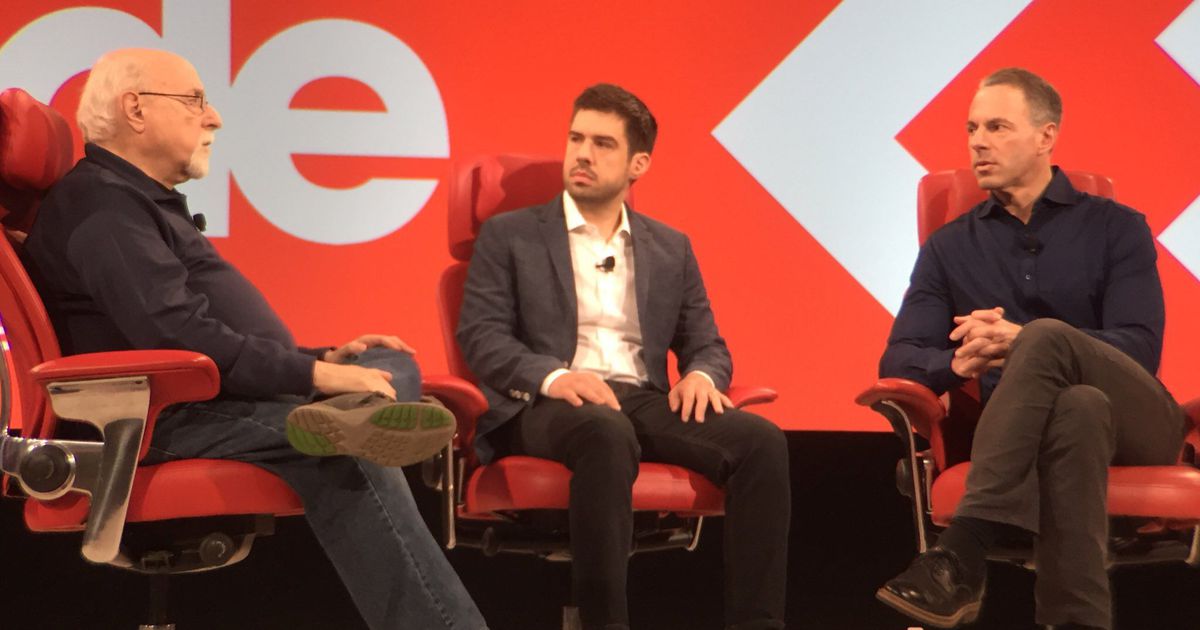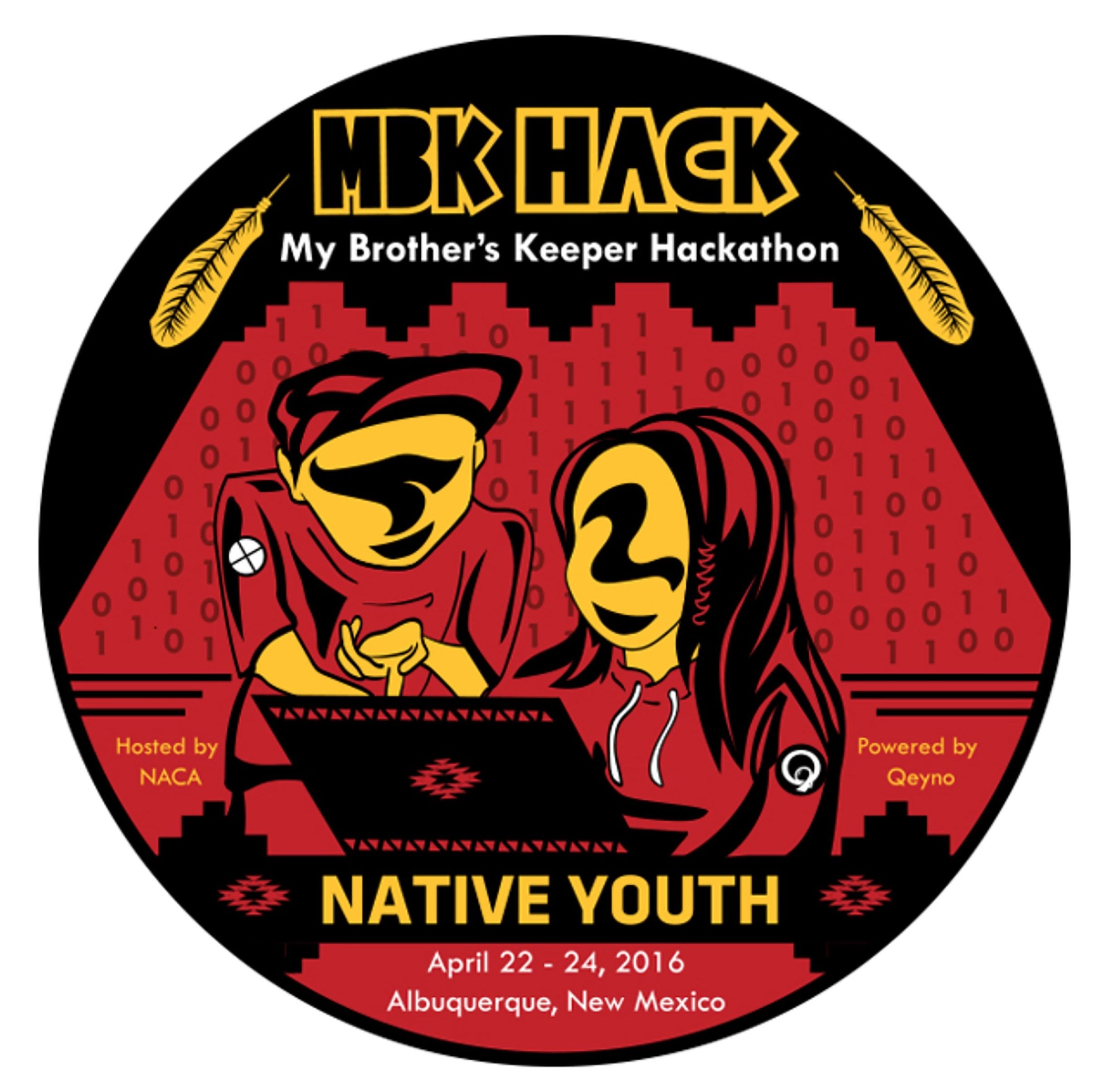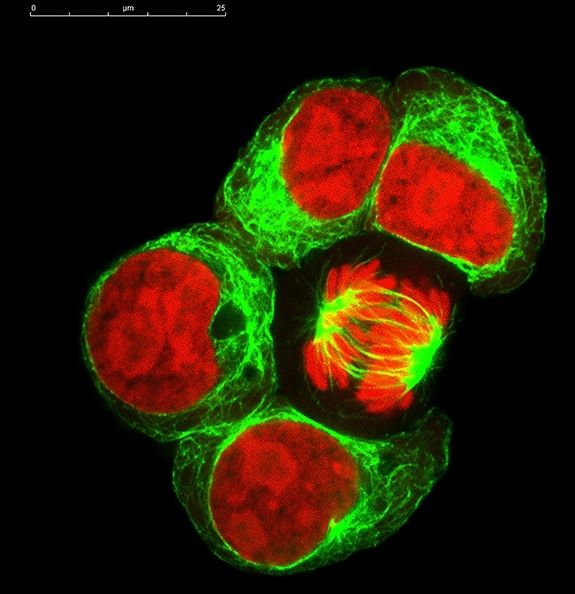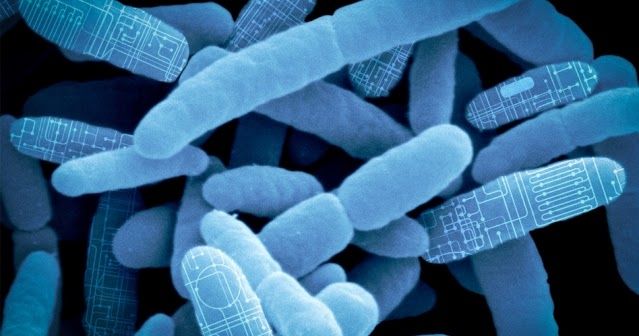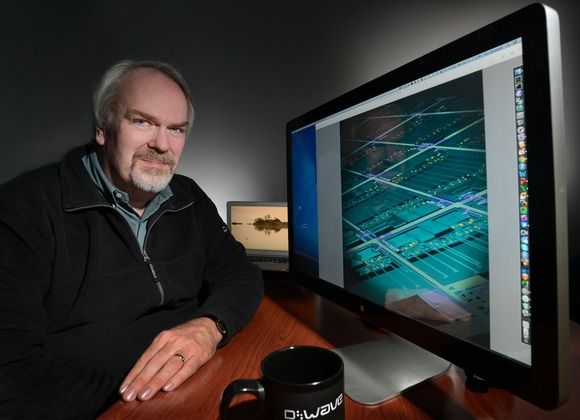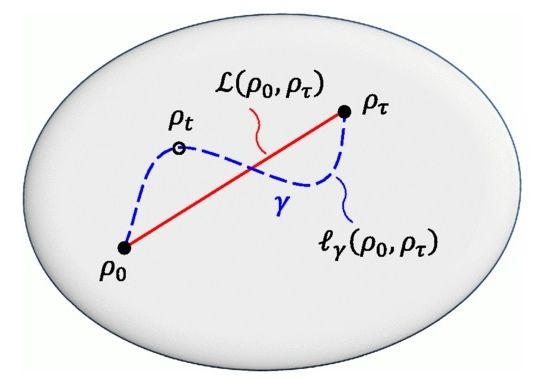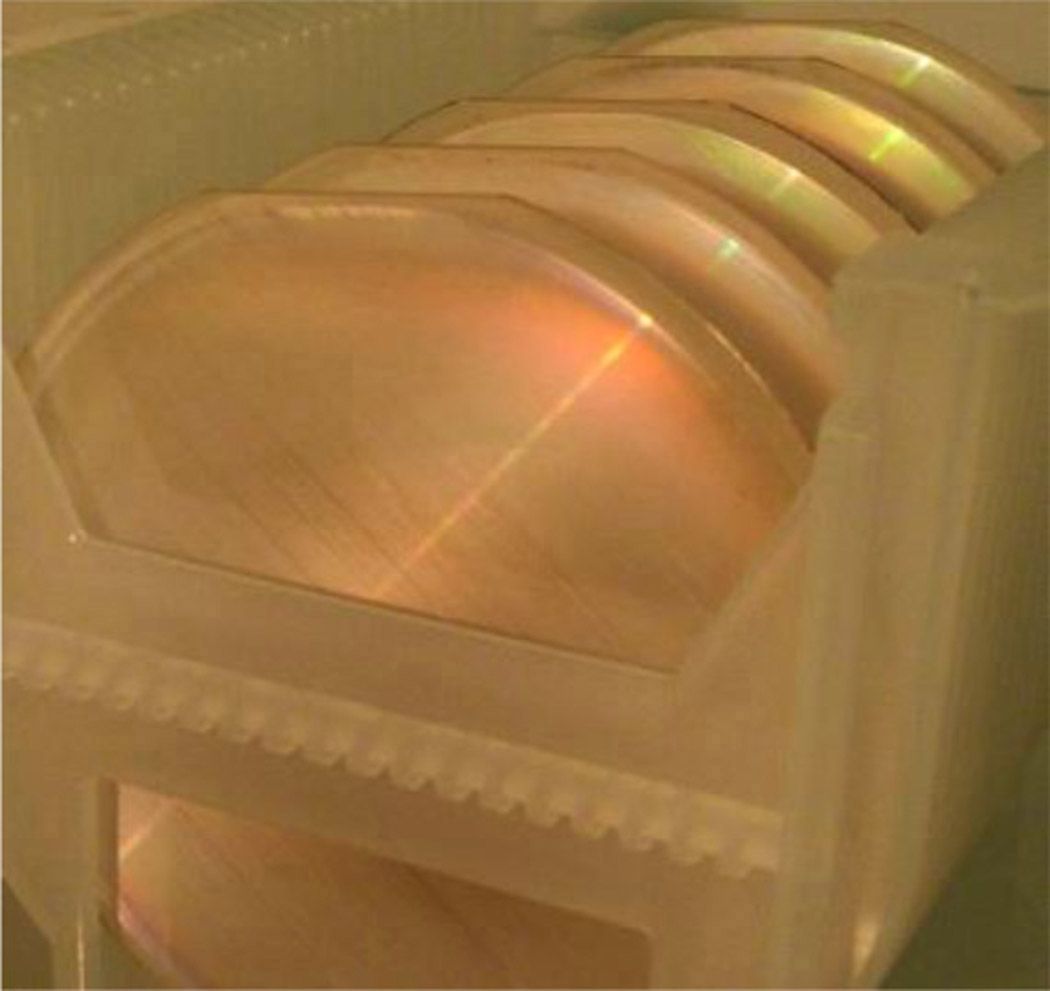Page 11346
Jun 3, 2016
eBay does not want to be a lesser version of Amazon
Posted by Karen Hurst in category: Elon Musk
Here’s a concept; why doesn’t Walmart buy eBay? Or, even better, Elon Musk buy eBay?
EBay is no longer just a place to bid on used stuff.
Jun 3, 2016
New Mexico hackathon provides template for Native STEM engagement
Posted by Karen Hurst in categories: evolution, innovation
So, all of this nextgen technology is wonderful; I truly see the vision and how to make it happen over time. However, what about the native people of the countries where this innovation and advancement is occurring? Are they getting the opportunity to be a part of the innovation story? Or, are they being left behind?
At Microsoft, we established many programs and outreach programs to engage many of the Native Americans across the US; I would like to encourage others to think about how can more be done to include the indigenous people of your countries to be part of the innovation/ evolution story. It truly is rewarding to so many.
The first Native Youth My Brother’s Keeper Hackathon saw students produce several games, apps.
Continue reading “New Mexico hackathon provides template for Native STEM engagement” »
Jun 3, 2016
Illinois Black Triangles: Are Mysterious Crafts In The Sky UFOs Or Secret Government Tech?
Posted by Karen Hurst in categories: alien life, Elon Musk, government, military, space travel
Prior to the B2 bomber was released; many saw a black triangle object flying at dusk/ evening and no noise. Therefore, this article doesn’t surprise me because governments have to test their jets and other machines.
Just this week, Elon Musk said that he hopes to send people to Mars by 2024; now, Illinois residents are wondering if the black triangles they’re seeing in the sky are alien spacecraft or U.S. military technology. As The Verge reported, Musk announced his plans to ferry humanity to the red planet at the Code Conference on June 1. On May 22, an Illinois man reported seeing a black triangle craft in the sky at about 9:30 p.m.
Could the Illinois black triangle sighted in May (and the many other black triangle sightings that have occurred in the past) be related to plans to get humanity to Mars? Maybe.
Jun 3, 2016
Gene circuits in live cells can perform complex computations
Posted by Karen Hurst in category: computing
Of course it can — why we have Biocomputing efforts today.
Living cells are capable of performing complex computations on the environmental signals they encounter.
These computations can be continuous, or analogue, in nature—the way eyes adjust to gradual changes in the light levels. They can also be digital, involving simple on or off processes, such as a cell’s initiation of its own death.
Continue reading “Gene circuits in live cells can perform complex computations” »
Jun 3, 2016
Complex analogue and digital computations in engineered bacterial cells
Posted by Karen Hurst in categories: computing, quantum physics, singularity
Definitely aligns with my NextGen transformational roadmap leading to Singularity. 5th Revolution is with Quantum technology, BMI, early Biocomputing. 6th Revolution is Singularity with Biocomputing evolved and all things living are enhanced via both technology and Biocomputing and several cases of hybrids through synthetic genes and technology. So, no shocker here.
A team of researchers at MIT has developed a technique to integrate both analogue and digital computation in living cells, allowing them to form gene circuits capable of carrying out complex processing operations.
Living cells are capable of performing complex computations on the environmental signals they encounter.
Continue reading “Complex analogue and digital computations in engineered bacterial cells” »
Jun 3, 2016
Mutated Gene Influencing Metastatic Colorectal Cancer Survival Rate, According to PiscoMed’s Journal AMOR
Posted by Karen Hurst in category: biotech/medical
Singapore, Singapore, June 03, 2016 –(PR.com)– Qatari scientists have recently discovered that an unmutated specific gene marker tends to indicate better prognosis for patients of metastatic colorectal cancer undergoing certain regiment of targeted therapies.
In a first published report of its kind on the subject, the study found that metastatic colorectal cancer patients with wild-type Kirsten Ras (KRAS) gene will likely have better survival rate upon receiving anti-epithelial growth factor receptors (EGFR) targeted therapy.
Meanwhile, the mutated-type KRAS metastatic colorectal cancer patients receiving anti-vascular endothelial growth factor (VEGF) therapy tend to have poorer survival outcomes, according to authors Kakil Ibrahim Rasul, Hind Elmalik, Mini Satheesh and Prem Chandra from National Center for Cancer Care and Research (NCCCR) in Doha, Qatar.
Jun 3, 2016
The quantum era has begun, this CEO says
Posted by Karen Hurst in categories: computing, quantum physics
It certainly is.
Quantum computing’s full potential may still be years away, but there are plenty of benefits to be realized right now.
So argues Vern Brownell, president and CEO of D-Wave Systems, whose namesake quantum system is already in its second generation.
Continue reading “The quantum era has begun, this CEO says” »
Jun 3, 2016
Physicists discover an infinite number of quantum speed limits
Posted by Karen Hurst in categories: computing, quantum physics
(Phys.org)—In order to determine how fast quantum technologies can ultimately operate, physicists have established the concept of “quantum speed limits.” Quantum speed limits impose limitations on how fast a quantum system can transition from one state to another, so that such a transition requires a minimum amount of time (typically on the order of nanoseconds). This means, for example, that a future quantum computer will not be able to perform computations faster than a certain time determined by these limits.
Although physicists have been investigating different quantum speed limits for different types of quantum systems, it has not been clear what the best way to do this is, or how many different quantum speed limits there are.
Now in a new paper published in Physical Review X, Diego Paiva Pires et al., from the UK and Brazil, have used techniques from information geometry to show that there are an infinite number of quantum speed limits. They also develop a way to determine which of these speed limits are the strictest, or in other words, which speed limits offer the tightest lower bounds. As the researchers explain, the search for the ultimate quantum speed limits is closely related to the very nature of time itself.
Jun 3, 2016
Scalable semipolar gallium nitride templates for high-speed LEDs
Posted by Karen Hurst in categories: materials, mobile phones
Nice!
Metal organic vapor phase deposition on etched 4-inch-diameter sapphire wafers is used to create low-defect-density gallium nitride templates.
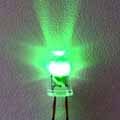
Continue reading “Scalable semipolar gallium nitride templates for high-speed LEDs” »

